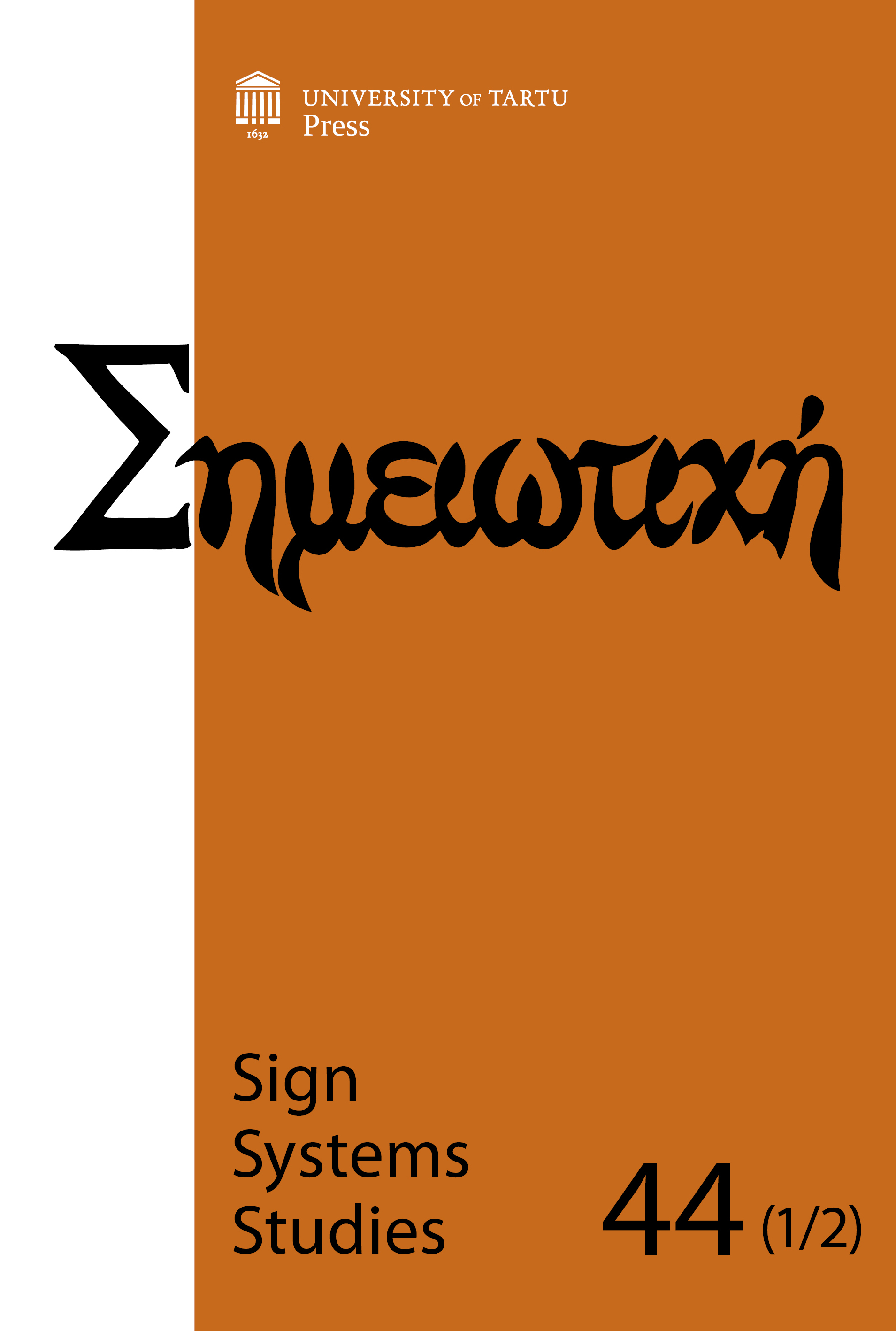Textualities of the city – from the legibility of urban space towards social and natural others in planning
DOI:
https://doi.org/10.12697/SSS.2016.44.1-2.03Keywords:
urban text, city as text, textualization, Tartu-Moscow School, sociosemiotics, Tartu, urban planningAbstract
‘Text’ has been a frequent notion in analytical conceptualizations of landscape and the city. It is mostly found in analyses of textual representations or suggestions concerning a metaphor of “reading” an (urban) landscape. In the Tartu- Moscow School of Semiotics the idea of the text of St. Petersburg has also been applied in analysing particular cities as organizing topics in literature and in culture more widely, but it has not happened to an equal degree in studies of actual urban spaces. The understanding of text as a semiotic system and mechanism is, however, more promising than revealed by these conceptions. Some potential can be made apparent by relating this textual paradigm to a more pragmatic understanding of the city and its planning. My project in this paper is to uncover an analytical framework focusing on the concepts of ‘text’, ‘textualization’ and ‘texting’ in studying the planning of urban environment. The paper observes the case of the urban planning process of the Tartu city centre in Estonia during 2010–2016, and is particularly concerned with the roles that urban nature has acquired in the process of this “textualization” of the local environment, societal ideals, practices and possible others.Downloads
Download data is not yet available.
Downloads
Published
2016-07-05
How to Cite
Remm, T. (2016). Textualities of the city – from the legibility of urban space towards social and natural others in planning. Sign Systems Studies, 44(1/2), 34–52. https://doi.org/10.12697/SSS.2016.44.1-2.03
Issue
Section
Articles


